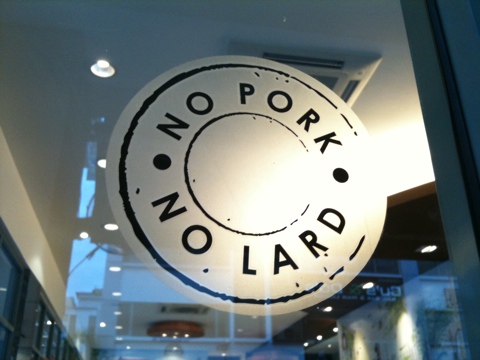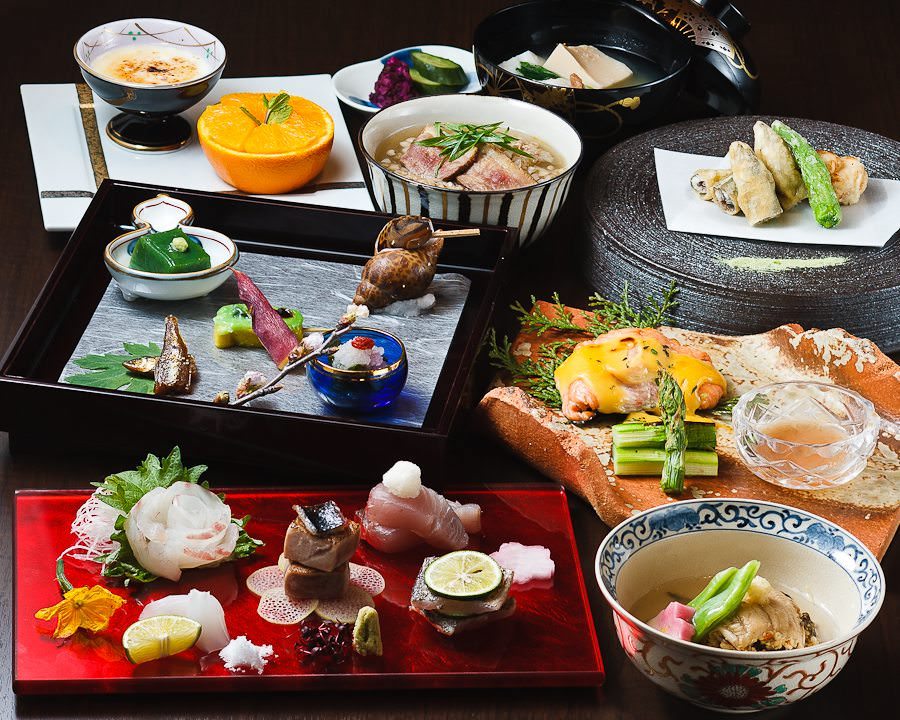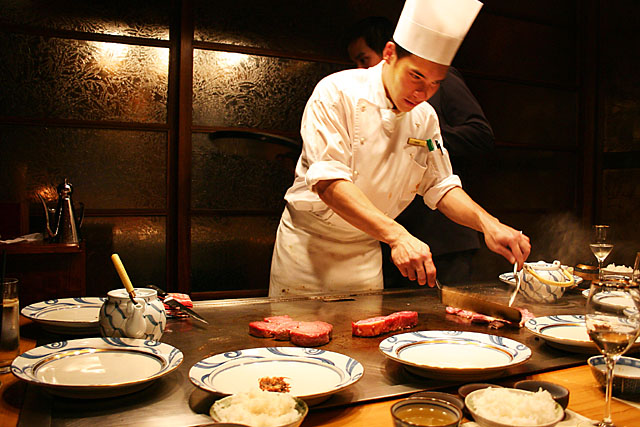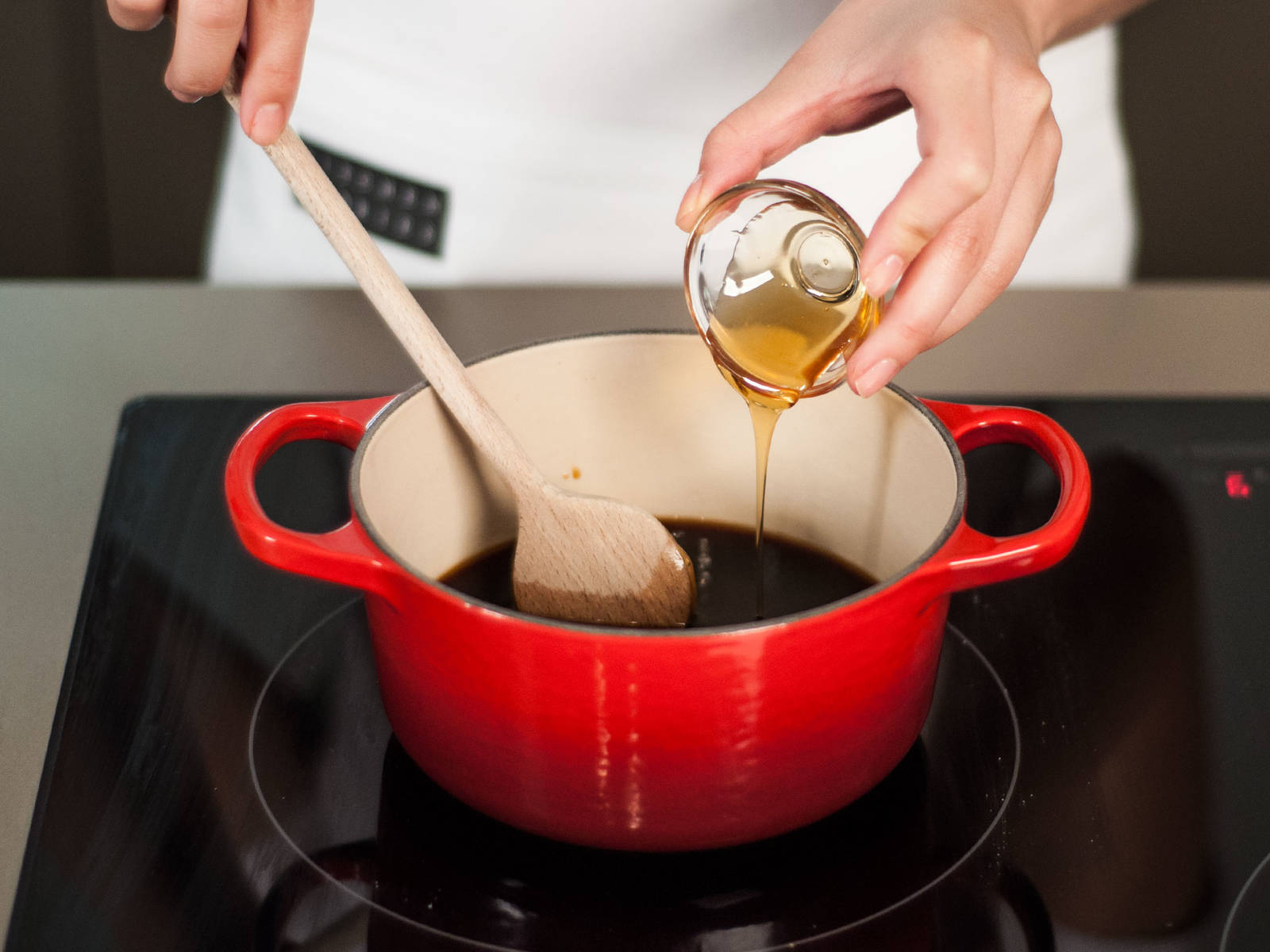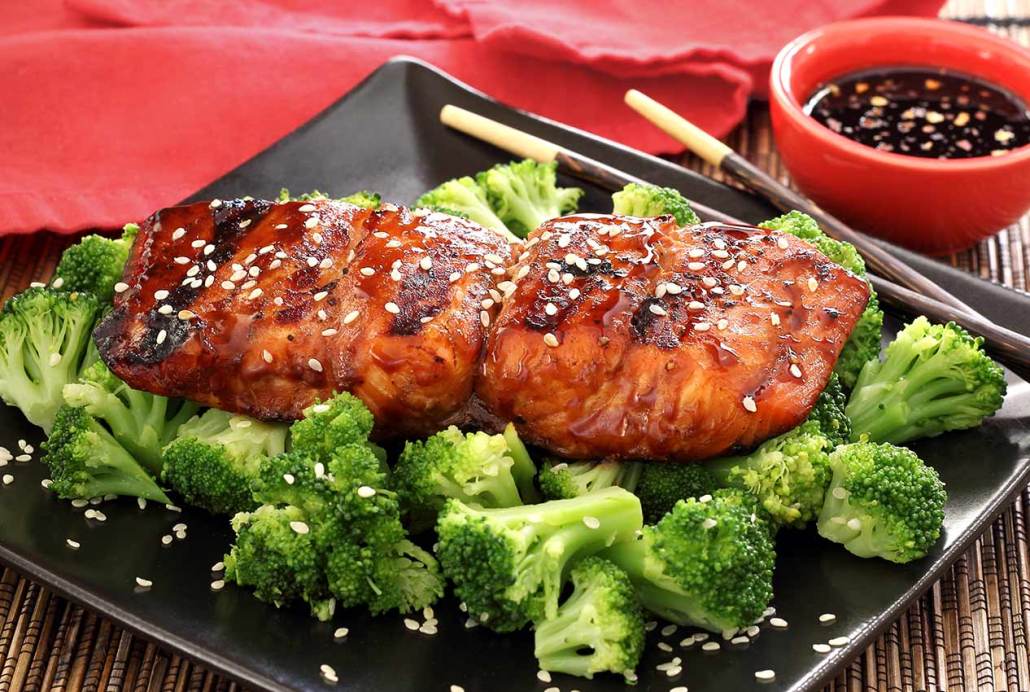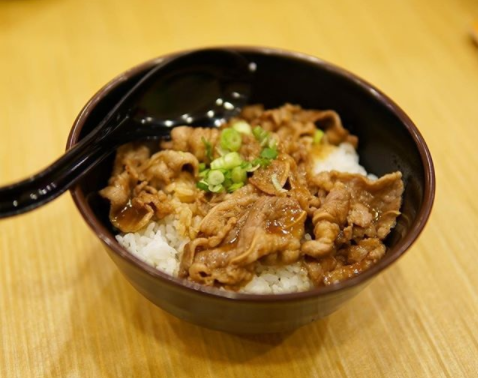Is It Okay For Muslims To Eat At Pork-Free Japanese Restaurants?
Pork-free may mean that the meat used is halal, but the cooking method is not.
While the distinction between halal and non-halal restaurants is clear-cut, pork-free restaurants can sometimes be a grey area. Is it actually permissible for Muslims to eat at pork-free Japanese restaurants?
When a restaurant is labelled as pork-free, it can mean one of two things:
1. The food prepared is halal, but alcoholic beverages are served at the establishment.
2. The food prepared is free of pork-based products but may not necessarily be halal. For example, the dishes could contain alcohol, or the meats are not in compliance with the Islamic way of slaughtering.
What makes pork-free Japanese restaurants a concern for those seeking halal food is the common usage of mirin to prepare certain dishes
Mirin, a type of Japanese rice wine, is often used to enhance the flavour of dishes. Its alcohol content is relatively lower compared to that of sake, but it contains alcohol nonetheless.
Upon checking with pork-free Japanese restaurants in Malaysia, halal directory Halal Ke reveals that most do use mirin in their cooking
Most of the restaurants clarify that the meats used are obtained from halal suppliers. However, mirin is used in the cooking process as a flavour enhancer.
While some restaurants point out that the alcohol in mirin evaporates upon cooking, there's evidence to suggest that alcohol may still be present even after coming in contact with heat
It's common belief that alcohol used in cooking will evaporate or boil away before the food is served. However, this is not always the case.
Based on a study from the U.S. Department of Agriculture’s Nutrient Data Laboratory, it can take more than two and a half hours of cooking for all the alcohol to evaporate from a dish. The study revealed that 40 percent of alcohol still remains in food that is baked or simmered for 15 minutes, while 25 percent remains after an hour of cooking. Even after two and a half hours of cooking, five percent of alcohol still remains.
Here are some things you can do to ensure your next Japanese meal can be enjoyed with peace of mind:
1. Look for halal-certified Japanese eateries
The increased demand for halal Japanese food has led many restaurants to move towards getting their eatery certified by JAKIM. The certification means that the meals you're enjoying are prepared using halal ingredients only, and in compliance with Islamic regulations. Additionally, it indicates that no alcohol is served at the establishment.
2. If you're at a pork-free restaurant, ask if mirin is used to prepare the food there
There is a chance that the pork-free restaurant serves halal dishes, but is not able to get a halal certification for other reasons (like having alcoholic beverages on the menu, for example).
3. If the pork-free restaurant uses mirin in their cooking, ask if it can be omitted when preparing your dishes
Mirin is most commonly used to prepare sauces. If the restaurant you're dining at uses mirin in its cooking, you can try asking if they are able to omit it for your dishes.
Ultimately, the most important thing is to be sure of what goes into your meal. If you're overcome with feelings of was was (doubt), it's best to give the restaurant a pass and choose one you're confident about.
